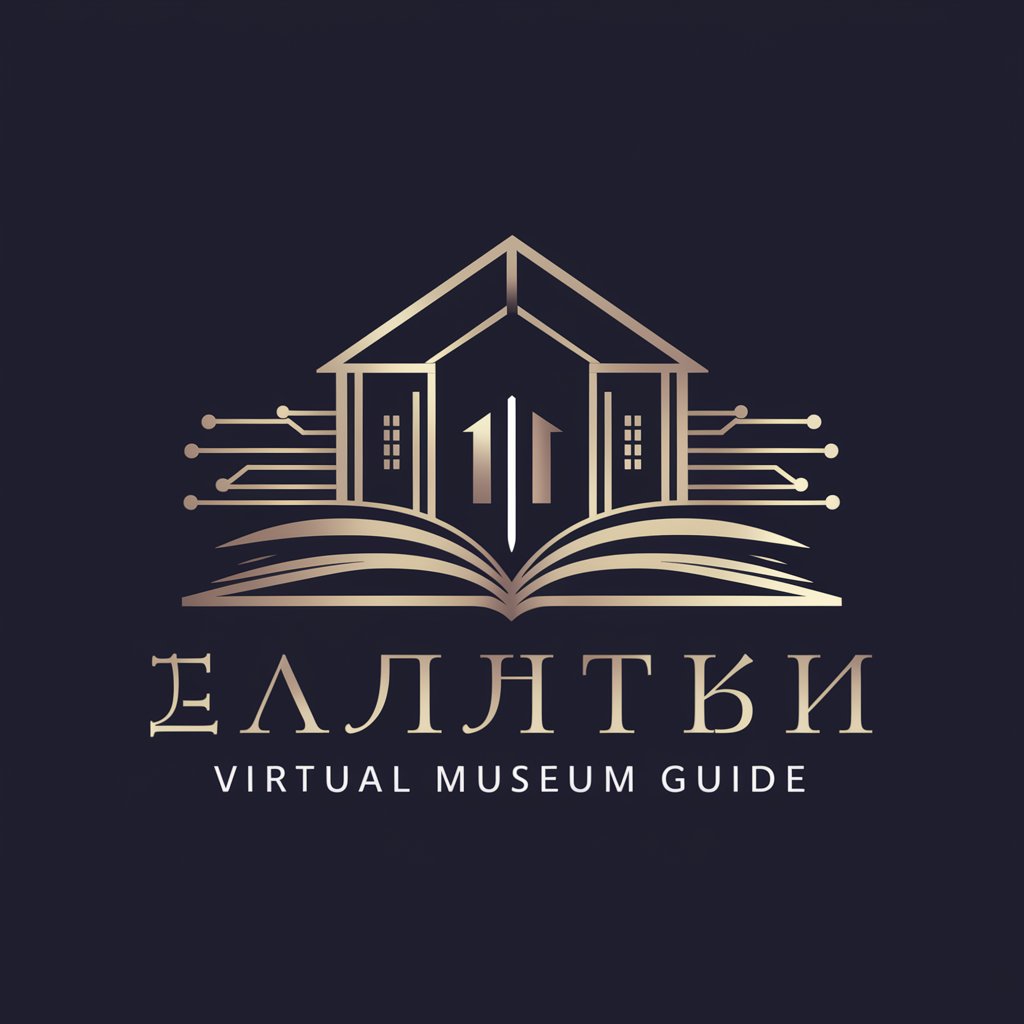5 GPTs for Museum Planning Powered by AI for Free of 2026
AI GPTs for Museum Planning refer to the application of Generative Pre-trained Transformers in the museum planning sector. These tools leverage AI's vast capabilities to offer tailored solutions for various tasks such as exhibit design, visitor engagement strategies, collection management, and educational programming. Their relevance lies in their ability to process and analyze large volumes of data, understand natural language, and generate content or recommendations, making them particularly suited for enhancing the museum experience and operational efficiency.
Top 5 GPTs for Museum Planning are: Artistic Lens (日本語),博物馆讲解员,Art Gallery,Rice Tales Curator,Exhibition Design Mentor
Artistic Lens (日本語)
Crafting Virtual Art Experiences with AI

博物馆讲解员
Explore museums with AI guidance

Art Gallery
Explore Art with AI Insight

Rice Tales Curator
Explore China's Rice Heritage, AI-Powered

Exhibition Design Mentor
Power Your Exhibits with AI

Key Attributes and Functions
The core features of AI GPTs in Museum Planning include advanced natural language processing for generating descriptive content on exhibits, data analysis for visitor insights, and image creation for promotional materials. These tools are adaptable for both simple tasks, like answering visitor inquiries, and complex functions, such as curating personalized museum tours. Special features might include multilingual support, technical assistance for integration with museum databases, and web searching capabilities for the latest research relevant to the museum's collections.
Who Benefits from AI GPTs in Museum Planning
The primary beneficiaries of AI GPTs tools for Museum Planning range from museum professionals, such as curators, educators, and marketers, to developers working on museum technology solutions. These tools are accessible to novices in the field, providing user-friendly interfaces for those without coding skills, while also offering advanced customization options for tech-savvy professionals seeking to enhance their museum's offerings or operational efficiency.
Try Our other AI GPTs tools for Free
Restoration Projects
Explore AI GPTs for Restoration Projects: innovative AI tools designed to empower and enhance restoration efforts, offering tailored support, advanced analytics, and intelligent solutions for diverse restoration needs.
Preservation Strategies
Explore AI GPTs for Preservation Strategies - your cutting-edge tool in safeguarding cultural, historical, and environmental legacies with tailored, accessible, and scalable AI solutions.
Collection Care
Discover how AI GPTs revolutionize Collection Care, offering tailored, scalable solutions for managing and conserving collections efficiently and effectively.
Jewelry Designing
Discover the transformative power of AI GPTs for Jewelry Designing, your partner in creativity and efficiency for all jewelry design tasks.
Mythology Insights
Unlock the mysteries of ancient myths with AI GPTs for Mythology Insights. Explore, analyze, and visualize mythological stories and symbols with advanced AI technology.
Behavioral Traits
Explore how AI GPTs for Behavioral Traits can transform your understanding and application of human behavior, enhancing personalization and insight in various professional fields.
Further Perspectives on AI GPTs in Museums
AI GPTs offer museums the ability to innovate and improve their services and operations continuously. With user-friendly interfaces, these tools can easily be integrated into existing workflows, providing not only a means to enhance the visitor experience but also to streamline collection management and educational outreach. As technology evolves, the potential for AI GPTs in museum planning and management will expand, offering new ways to engage audiences and preserve cultural heritage.
Frequently Asked Questions
What are AI GPTs for Museum Planning?
AI GPTs for Museum Planning are specialized tools that utilize generative pre-trained transformers to support various museum-related tasks, including exhibit planning, visitor engagement, and collection management.
How can AI GPTs enhance museum visitor experience?
By generating engaging content, providing personalized tour recommendations, and answering visitor inquiries in real-time, AI GPTs can significantly enhance the museum visitor experience.
Can AI GPTs assist in exhibit design?
Yes, AI GPTs can assist in exhibit design by analyzing visitor data to suggest popular themes, generating exhibit descriptions, and even creating promotional materials.
Are these tools accessible to individuals without technical expertise?
Yes, AI GPTs for Museum Planning are designed with user-friendly interfaces that require no technical expertise, making them accessible to museum staff and professionals.
How do AI GPTs integrate with existing museum systems?
AI GPTs can be customized to integrate with existing museum management systems and databases, allowing for seamless data sharing and functionality enhancement.
Can AI GPTs support multilingual content creation?
Yes, one of the key features of AI GPTs is their ability to support multilingual content creation, making it easier to cater to diverse visitor demographics.
Are there customization options for developers?
Absolutely, developers can access APIs and other programming interfaces to customize and integrate AI GPTs according to specific museum needs and projects.
What potential future applications could AI GPTs have in museums?
Future applications could include more advanced visitor interaction models, such as virtual reality tours guided by AI, and deeper analytics for predictive exhibit planning.